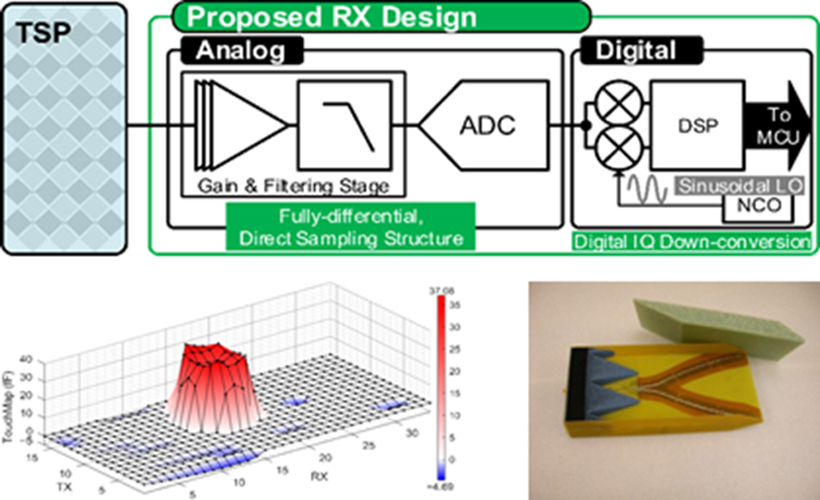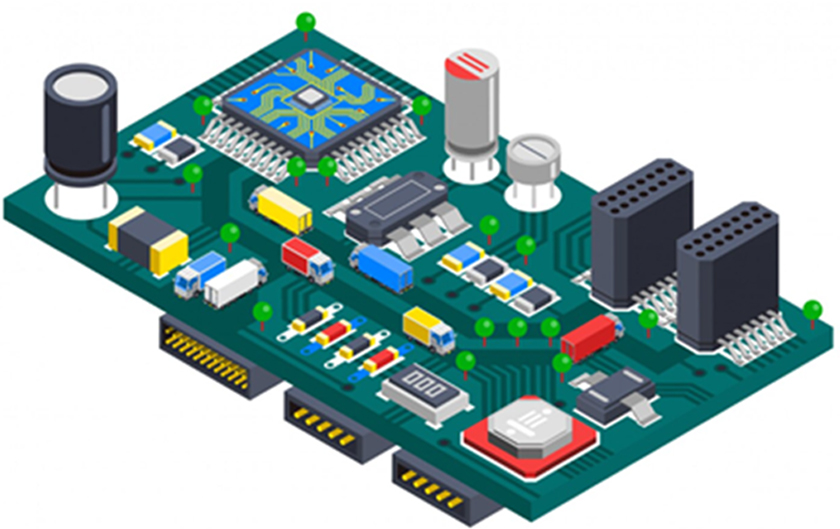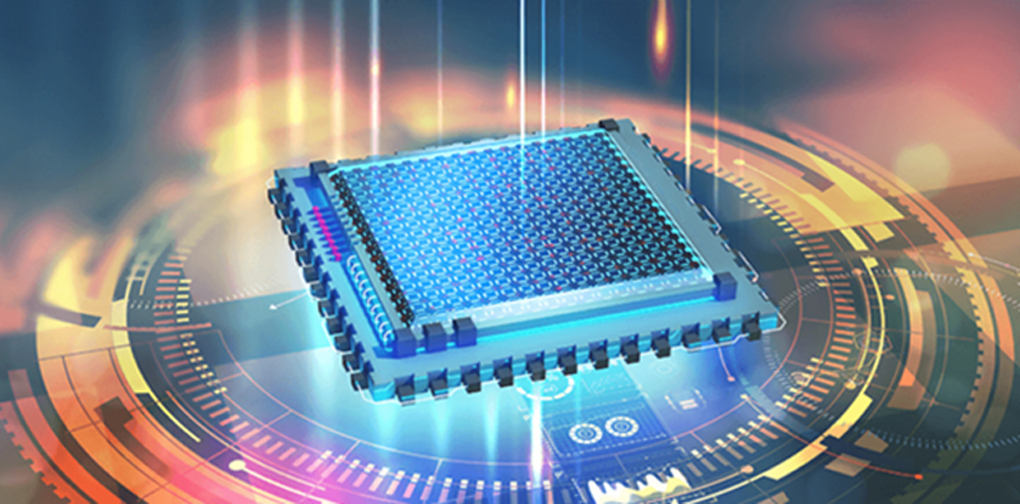Research
Research Groups
- HOME
- Research
- Research Groups
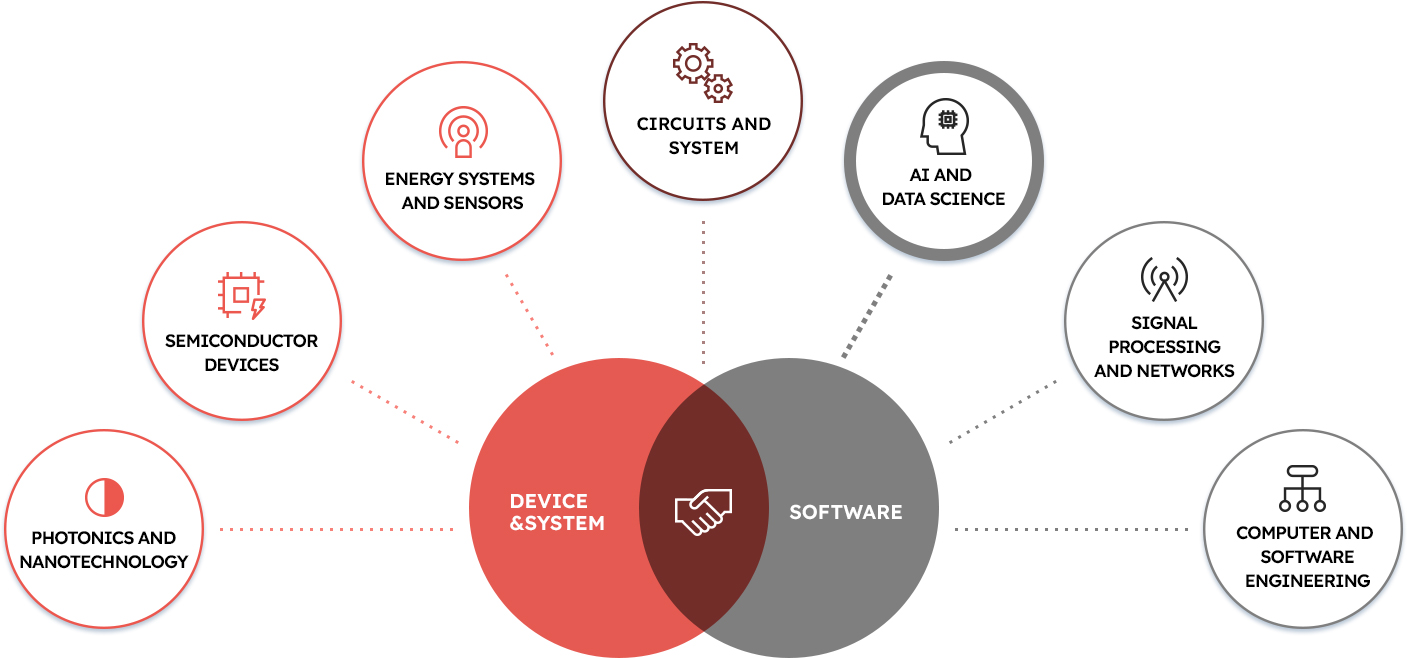
&SYSTEM
-
 PHOTONICS AND
PHOTONICS AND
NANOTECHNOLOGY -
 SEMICONDUCTOR
SEMICONDUCTOR
DEVICES -
 ENERGY SYSTEMS
ENERGY SYSTEMS
AND SENSORS -
 CIRCUITS AND
CIRCUITS AND
SYSTEMS -
 AI AND
AI AND
DATA SCIENCE -
 SIGNAL
SIGNAL
PROCESSING
AND NETWORKS -
 COMPUTER AND
COMPUTER AND
SOFTWARE
ENGINEERING
AI and Data Science
Social and ethical AI for Humans
In recent years, the advancement of deep neural network algorithms, the development of electronic technology leading to sensor technology, and the activation of
social networking platforms have resulted in an enormous amount of data being generated in almost every field, in various forms such as images/videos, electronic
documents, voice, and DNA/RNA.
Storing and utilizing this data has begun to create both economic and social costs, while simultaneously providing diverse and new opportunities.
The goal of our research group is to explore artificial intelligence technologies and data science that utilize data to obtain new knowledge and information.
We aim to do research on intelligent agents based on those data, and theory and tools to achieve them. In addition, we focus on the development of data
preprocessing methods to improve the performance of AI, and multi-modal generative AI technologies that create new data and knowledge based on existing data.
Ultimately we suggest AI-driven solutions to address engineering and societal problems.
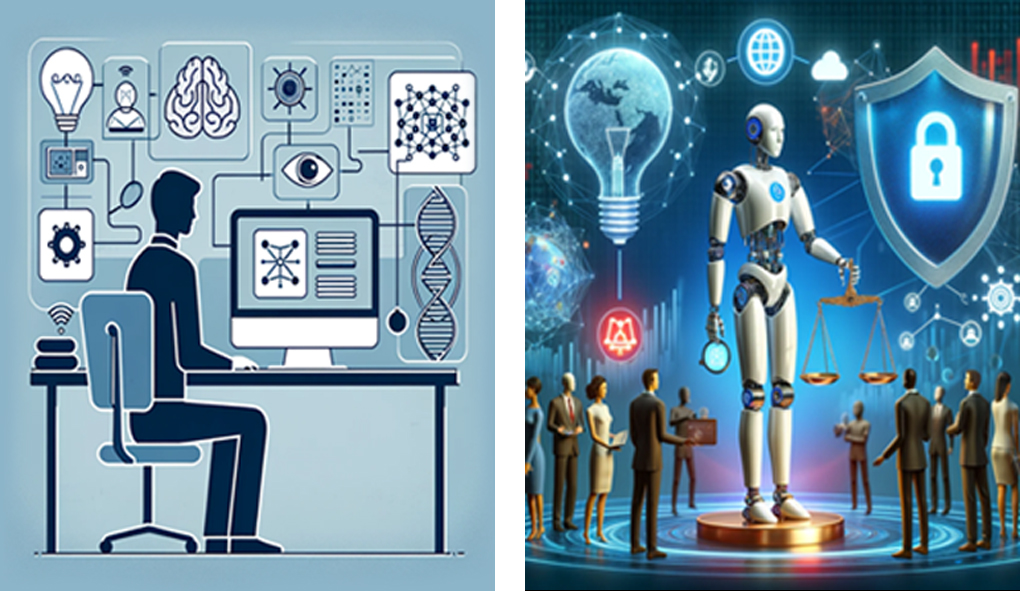
Lab
- Power Systems Lab. PDF
- Power System Economics & Management Lab. PDF
- OPTIMUS Lab. PDF
- Intelligent Vision Lab. PDF
- Machine Learning and Vision Lab. PDF
- Audio intelligence Technology and Research Lab. (AiTeR) PDF
- Bioinformatics and Intelligence Lab. PDF
- Speech and Audio Processing Lab. PDF
- INFONET Lab. PDF
- AI-Semiconductors Lab. PDF
- Intelligent Information Systems Lab. PDF
Signal Processing and Networks
Innovations in Signal Processing, Networks, and Communications:
Shaping Future Intelligence and Connectivity
The Signal Processing and Networks research group is at the forefront of advancing signal processing, networks, and communications.
Our primary goal is to help the users to use systems conveniently without worrying about the input/output modality, connectivity, and security,
by analyzing, modifying, and manipulating various signals ranging from speech to radio frequency signals.
We are researching on vast area including speech and audio processing, signal processing for next generation wireless communications, block chains, and
physical/MAC layer security, nurturing talents whom the academia and industry need.
Computer and Software Engineering
Making SW Ecosystem Safer
Software technologies have made unprecedented and remarkable advances in conjunction with those in AI technologies,
but many human errors in software remain unresolved.
Disasters due to software errors have been occurring continually, and thus the demand for safe and reliable software is rapidly increasing.
Given this situation, we aim to develop fundamental technologies for preventing software disasters and further building a robust software ecosystem.
To this end, we have been conducting research on programming language theory, software safety and security verification technologies,
and software engineering technologies.
Energy Systems and Sensors
Powering the World, Sensing the Future
The world we live in is interconnected through energy and information. The Energy Systems and Sensing Research Group drives innovation in future energy
and sensing technologies across diverse fields, including power systems, power electronics, wireless power transfer, microwave sensing, and integrated circuit design.
Through these efforts, we enhance the stability and efficiency of power systems, enable a more freely connected world with wireless power technologies,
and explore the unseen through advanced sensing technologies. We stand at the forefront of the journey to understand energy, perceive the world,
and create transformative change.
Circuits and Systems
Efficient hardware systems for data transmission and processing
With the emergence of big data applications, such as artificial intelligence and IoT, the demand for hardware systems that efficiently process data is rapidly
increasing. CMOS circuits and systems offer the best way to meet those needs.
They conduct innovative research across various levels, including ultra-wideband antennas, high-speed A/D and D/A signal conversion
However, the non-ideality of CMOS devices due to limitations in the CMOS process reduces circuit performance and ultimately leads to a decrease in system target performance.
This issue can be innovatively improved through the following researches: implementing the functions of analog circuits using digital circuits,
improving the structure of the system, and developing innovative circuits.
Semiconductor Devices
The Key Component Responsible for the Pace of Human Progress
A semiconductor is more than just an electronic component. The development of semiconductor technology has made possible the development of all the
electronic devices we have acquired over the last 50 years, such as PCs, the internet, and smartphones. Furthermore, the advancements we will enjoy in the future,
like Augmented Reality (AR), Virtual Reality (VR), and Artificial Intelligence (AI), also depend on the evolution of semiconductor technology.
The basic unit of any system or product made with semiconductors is the device, and the advancement of semiconductor technology is aimed at higher integration,
faster speeds, and lower electricity usages of these semiconductor devices. In the near future, we will reach the limits of miniaturization symbolized by Moore’s Law.
This research group works on overcoming these limits through the discovery of new materials, development of new devices, and application of novel architectures.
Photonics and Nanotechnology
We pave the way to the future with light
Just as we cannot live without air, we cannot survive without light. The immense light energy from the sun makes our environment warm and cozy.
The day and night brought by light provides balance and rest to our daily lives.
However, instead of settling for what's given, we scientifically explore the light itself. We've birthed lasers and optical communications that unify the world as one.
We've developed cutting-edge displays and smartphones as essential parts of life.
The implementation of Big Data and Artificial Intelligence technologies, which require rapid processing of vast amounts of information, necessitates the photonics
that handles photons, the fastest-moving entities.
The Internet of Everything, cloaking devices, artificial photosynthesis, 3D imaging, and even quantum science are all based on light.
By harnessing the photons as ultimate tools, we conduct pioneering studies in photonics to drive the Fourth Industrial Revolution and explore the future.
So, come forth! Let us together, with fervent hearts, unlock a marvelous future!



